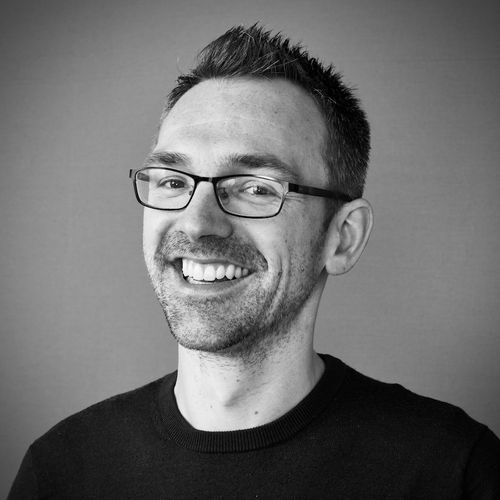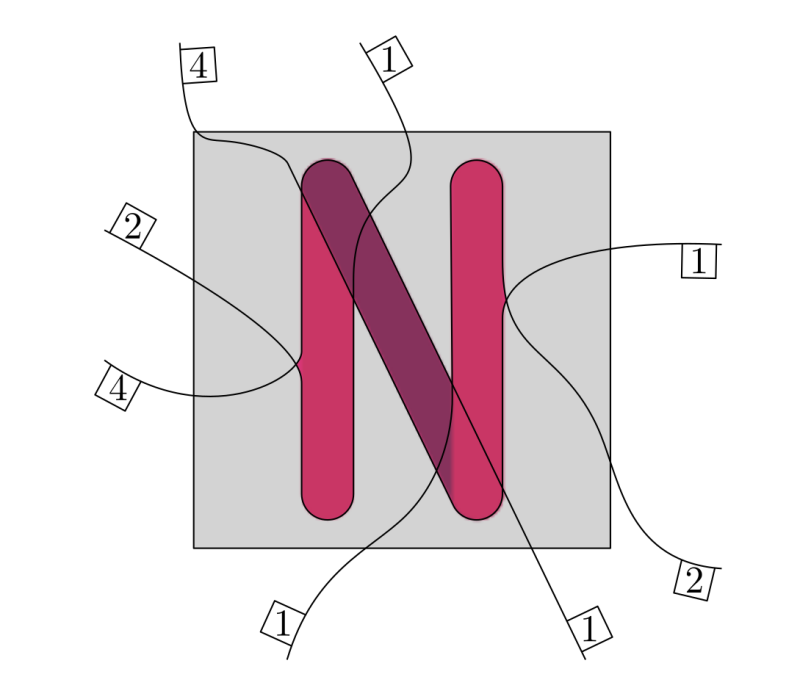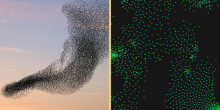From November 10–14, 2024, the Kick-Off Meeting for the Marie Skłodowska–Curie Doctoral Network BeyondTheEdge: Higher-Order Networks and Dynamics took place at Vrije Universiteit (VU) Amsterdam. The event marked the official start of the project, bringing together a dynamic community of researchers, doctoral candidates, and supervisors working on higher-order interaction networks from across Europe and beyond. As the project moves forward, the Kick-Off built a strong foundation for the collaborative effort behind BeyondTheEdge to push the boundaries of our understanding of higher-order networks and their dynamics.
The Energy of Beginnings
Often in the news we hear about a research program when it is finished, if some highlights and the main results may attract the attention of journalists. When a research project starts everything is open and quite vague, the projects still need to start and the work has to be done. At the beginning there is uncertainty, there are some concrete ideas and directions, but no one can't predict exactly what the researchers will find. Research is like wondering in a dark room, you start touching the objects and after some time you start getting a feeling about how the room is filled.
While the end of a project brings clarity and satisfaction, the beginning is charged with energy, enthusiasm, and limitless possibilities. By focusing solely on the outcomes, we miss the chance to experience the entire research process—the struggles, breakthroughs, and personal growth that define the journey. As poet Constantine Kavafy wrote:
"As you set out for Ithaka hope your road is a long one, full of adventure, full of discovery."
BeyondTheEdge just started! A team of ten PhD students, their supervisors, and mathematicians from industry have embarked on this four year journey. I was there at their kick-off meeting at the VU in Amsterdam. Researchers from various countries came to Amsterdam to celebrate the beginning of the program. I wanted to be there to be part of it, meet the people, and share their vision and goals! Our plan is to collaborate with our colleagues from BeyondTheEdge for the following years and take you with us during whole journey, until we reach the end of the program. Because the journey is what motivates us as researchers, not only the final result.
To go back to Cavafy's poem
"Keep Ithaka always in your mind.
Arriving there is what you’re destined for.
But don’t hurry the journey at all.
Better if it lasts for years,
so you’re old by the time you reach the island,
wealthy with all you’ve gained on the way,
not expecting Ithaka to make you rich."

The journey of BeyondTheEdge started on the 10th of November! I was there and interviewed Christian Bick, Associate Professor in the Department of Mathematics at VU Amsterdam, Principal Investigator and Project Coordinator of BeyondtheEdge.
The journey starts!
Christian, first of all thank you very much for the invitation to be here today and join the kick-off meeting! Could you tell us something more about BeyondTheEdge? How did it all start?
It is a great pleasure to be here today with the whole team and have the kick-off of the program. We are all very enthusiastic about it!
The program is financed by the EU, it is a Marie Skłodowska–Curie Doctoral Network. Nine beneficiaries, from Istanbul to Porto, participate in this program, who will host and supervise 10 PhD students.

Our main goal is to do research in higher-order networks, and their importance for applications and phenomena from other sciences. But there is much more than research. In this doctoral program we have hired 10 PhD students. They are hosted by the nine beneficiaries who participate in the project, where their principal supervisor is located. Moreover, each PhD student will spend at least six months in another institute, which will foster exchange of knowledge and collaboration. These interactions are crucial for the program.They can facilitate exchange of expertise and build bridges between the research themes we are interested in.
What are your goals with this program?
Generally speaking our research will focus on networks, and processes on networks. Networks are everywhere in modern life: from social connections and communication systems to the spread of information or diseases. Traditionally, mathematicians and scientists have used graphs—structures of points (nodes) and connections (edges)—to model these systems. However, traditional graphs fall short in representing group interactions, where multiple entities interact simultaneously rather than in pairs.
Higher-order networks fill this gap. They allow us to model and analyze systems where group dynamics are critical. For instance, in a social context, group chats or collaborative teams involve interactions beyond simple pairwise connections. Understanding these systems requires advanced mathematical tools to capture the complexity and nuances of group interactions.
The project is guided by three fundamental themes:
- Structural Properties: Investigating the building blocks of higher-order networks and how their unique features shape interactions.
- Dynamical Systems: Exploring processes that unfold on these networks, such as the spread of information or behaviors within groups.
- Data Analysis: Developing methods to analyze measurements from these networks and discover patterns or insights.
By advancing these areas, the project aims to clarify what higher-order networks are, why they matter, and how they can be applied in real-world contexts.
What would you like to have reached at the end of the program?
My first engagement with the topic of higher-order networks started around 2016, before it became a very modern topic in network science where it has received a lot of attention. I started realizing some time ago that various colleagues are doing specialized research in themes related to higher-order networks. But there was not so much collaboration between these groups. Therefore we decided to apply for a mobility grant where collaboration was highly stimulated. We want to learn from each other and build connections between these specialized themes. Each PhD project touches upon two of the three main themes we are interested in.
For us it is important to invest in the development of the PhD students, it is a mobility program which means that we should make sure our students gain the most from the group interactions with the various institutes. We want to educate a cohort of PhD students who can think beyond the limits of one field, we want them to have a global overview and form a network of young researchers who can build bridges between research areas.
How did you choose the people involved?
We had to look across Europe for the key players in this field, we tried to be as inclusive as possible but in the end we needed to find a good balance so that we can submit a plan which is both ambitious and realistic. It was also important to include partners from industry, because we want our PhD students to gain experience from industry as well. One of the 9 beneficiaries is CENTAI, a private research institute in Turin, who will host one PhD position. Then we also have the Centre for Science and Technology Studies (CWTS) which is situated in Leiden, they do bibliographic analysis and we want to explore together how higher order networks can be used in that application. The research lab of BT Group (formerly British Telecom) is our industrial partner. These non-academic partners will be closely involved in the training program of the PhD students. Our goal is to show that there are fascinating and challenging mathematical problems out of academia.
NetworkPages and BeyondTheEdge
On the 10th of November the kick-off of BeyondTheEdge took place in Amsterdam. But the 10th of November was also the start of this collaboration between the NetworkPages and BeyondTheEdge. In the coming four year we will work together to keep you involved in this wonderful journey called research! Stay connected!
"And if you find her poor, Ithaka won’t have fooled you.
Wise as you will have become, so full of experience,
you’ll have understood by then what these Ithakas mean."





